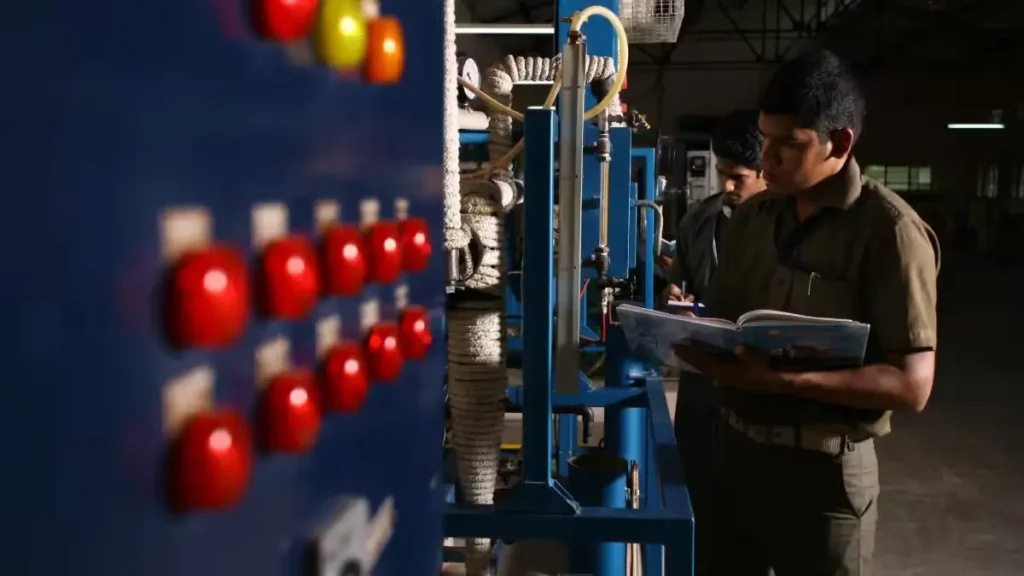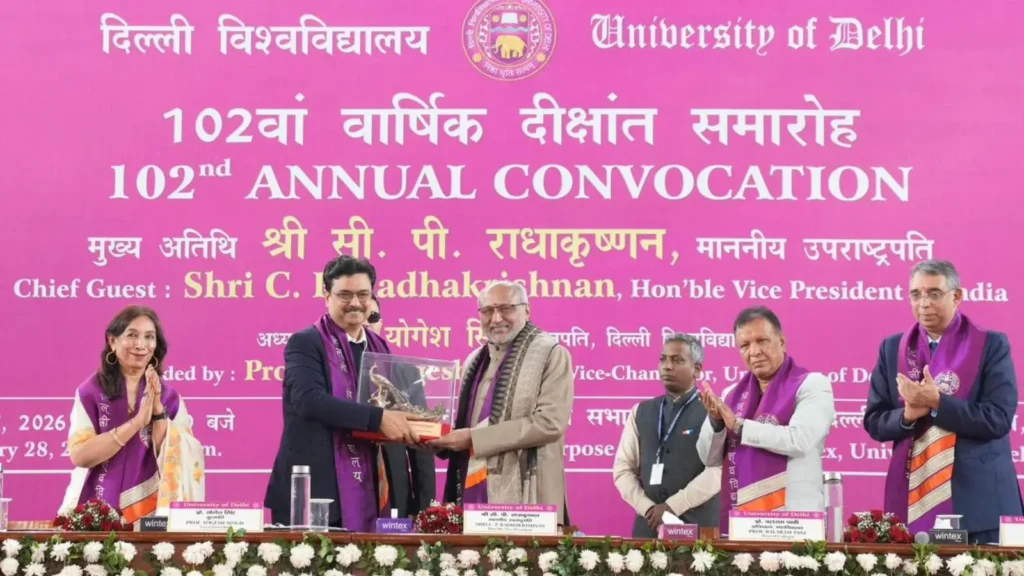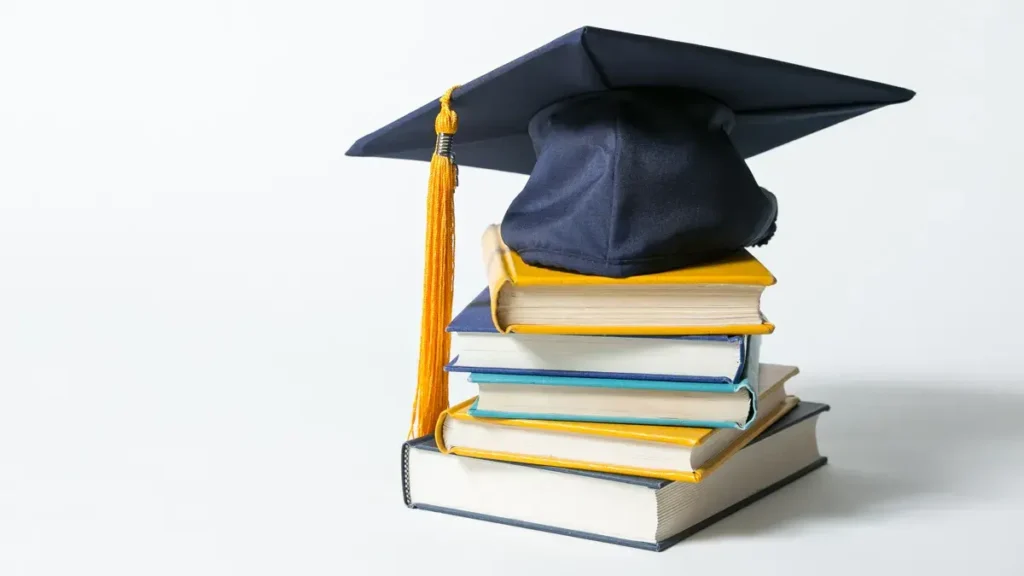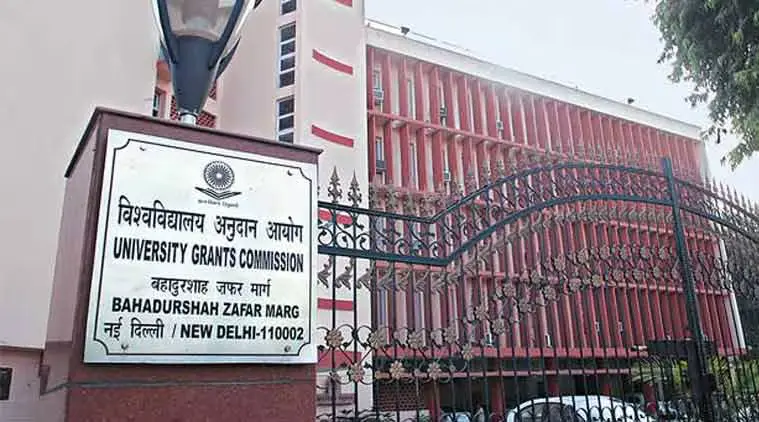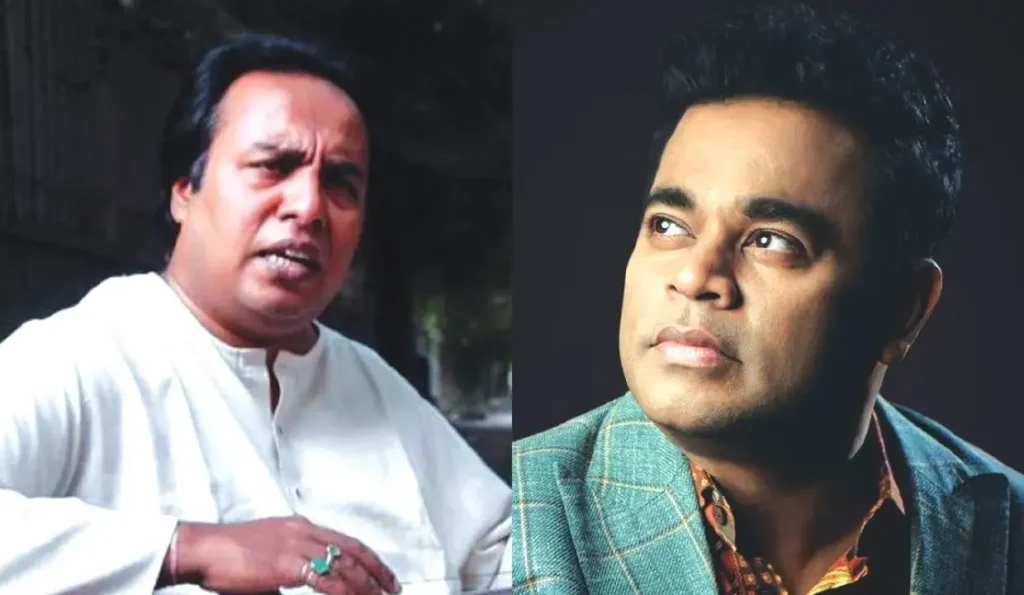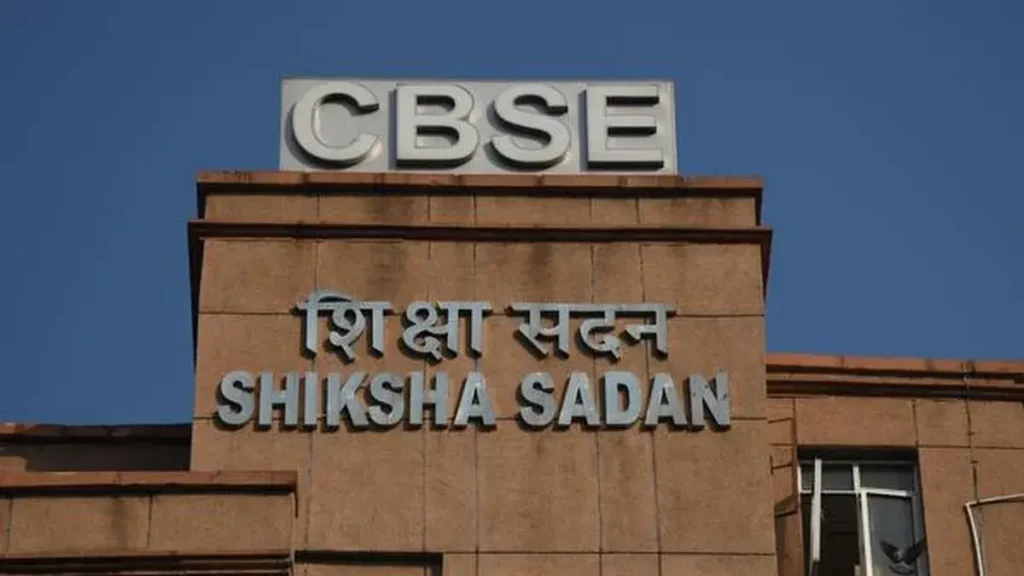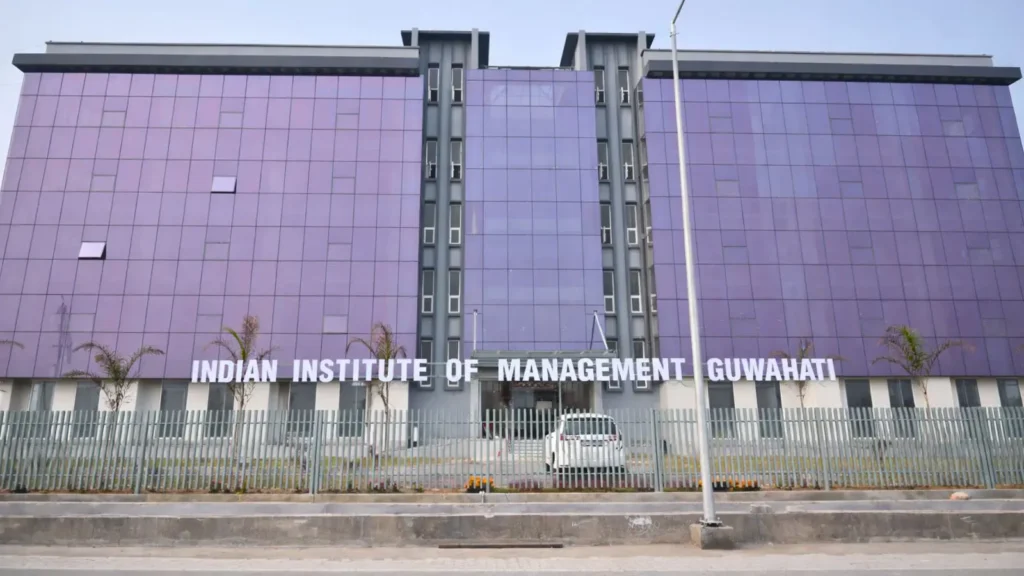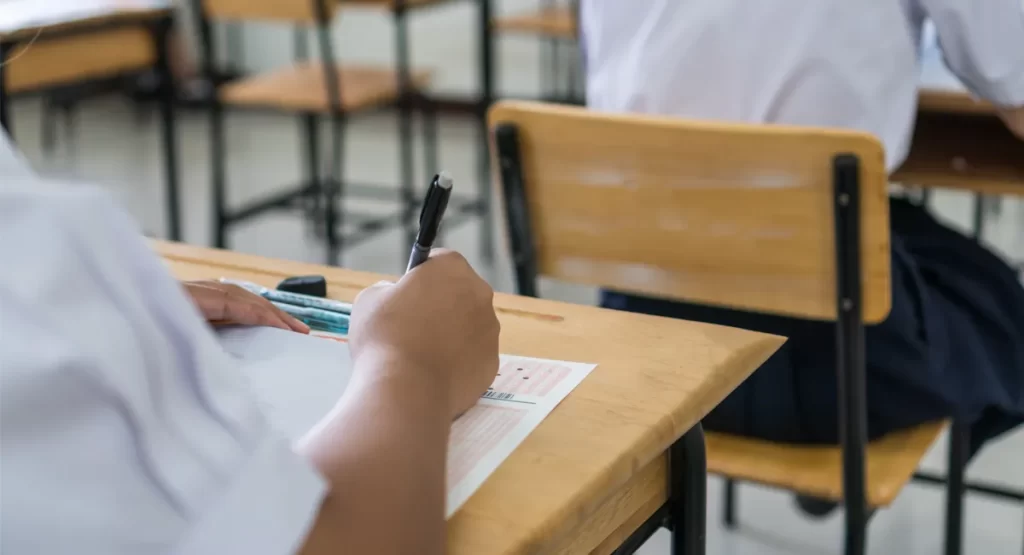Govt Makes 150 Hours of On-the-Job Training Mandatory for ITI Trainees Under Craftsmen Training Scheme
The Centre has made it compulsory for Industrial Training Institute (ITI) students enrolled under the Craftsmen Training Scheme (CTS) to complete 150 hours of structured on-the-job training (OJT) or a group project, as per fresh guidelines issued by the Directorate General of Training (DGT). The DGT operates under the Ministry of Skill Development and Entrepreneurship. Until now, ITI trainees primarily received practical instruction within campus workshops, working with tools and machinery available at their institutes. While this approach ensured foundational skills, it often limited exposure to modern industrial technologies and real-time workplace practices. Consequently, many trainees required additional hands-on training after entering the job market. To bridge this gap and align vocational education with industry demands, the DGT has restructured CTS qualifications in line with the National Education Policy (NEP) 2020. As part of the reforms, the annual training duration has been reduced from 1,600 hours to 1,200 hours. Additionally, a mandatory 150-hour OJT or group project component has been introduced to ensure practical industry exposure. Union Minister for Skill Development and Entrepreneurship Jayant Chaudhary termed the move a significant reform aimed at strengthening vocational education. He emphasised that classroom instruction alone is insufficient in a rapidly evolving industrial environment, and that real workplace experience is essential to build competence, confidence and professionalism among trainees. The initiative is also expected to deepen collaboration between industries and ITIs. Under the new guidelines, trainees will be eligible for OJT or project work only after completing at least three months of institutional training. The industry training will be conducted under the supervision of mentors, with regular performance assessments. The OJT component will also be integrated into a future data-driven grading framework. For students enrolled under the Dual System of Training (DST) mode, mandatory project work will replace OJT, as they already receive industry exposure during their course. Launched in 1950, the Craftsmen Training Scheme remains a key pillar of India’s vocational training ecosystem. The newly introduced OJT mandate aims to enhance employability, align skills with industry standards, and ensure smoother workforce integration for ITI graduates. Source: PTI

